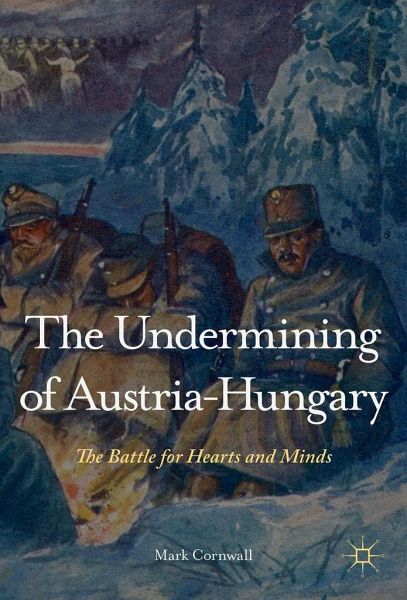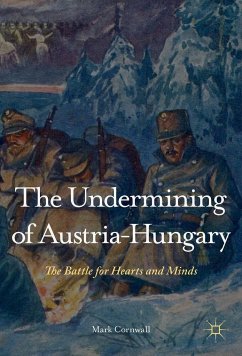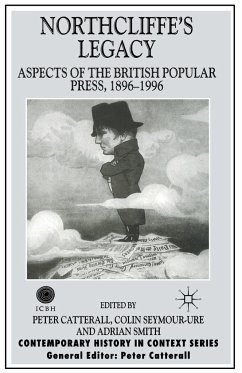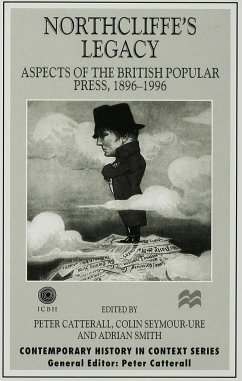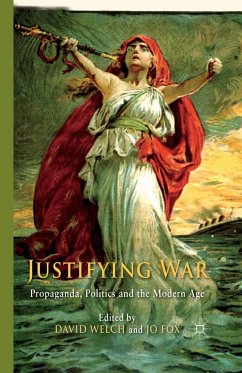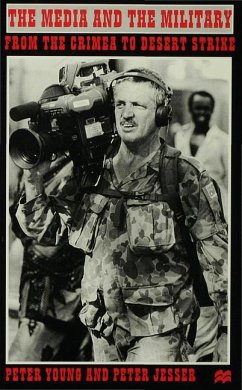'It is a long awaited, very scholarly, authoritative, and intensively researched piece of work that expertly fills a large gap in the historiography of the First World War. It is a major contribution to our understanding of the Austro-Italian front (the most neglected of the major theatres of the war), of the break-up of the Habsburg Monarchy, and of front propaganda (which has previously been studied almost entirely in the context of the Western Front).
Despite the complexity of its material, it is clearly and attractively written. It deals with topics that had been almost wholly neglected by English-language writers and is the product of years of work in an impressive variety of languages and archival sources.' - Professor David
Stevenson, The London School of Economics and Political Science
This is the best and most significant book on a topic related to the Austro-Hungarian armed forces...required reading for all scholars and students...' - American Historical Review
'...a long awaited, very scholarly, authoritative, and intensively researched piece of work that expertly fills a large gap in the historiography of the First World War...a major contribution to our understanding of the Austro-Italian front...the break-up of the Habsburg Monarchy, and of front propaganda..Despite the complexity of its material, it is clearly and attractively written...is the product of years of work in an impressive variety of languages and archival sources. It should receive excellent reviews.' - Professor David Stevenson, Department of International History, London School of Economics
'Mark Cornwall presents a rich and wide-ranging account of the propaganda battles fought out on the Eastern and Italian fronts during the First World War. His meticulous study is not only an important contribution to the history of psychological warfare in general, but gives new insight into the causes of Austria-Hungary's demise in 1918.' - Martyn Rady, General Editor, Slavonic and East European Review
'...a highly original work that fills a significant gap in our knowledge of the experience of the war.' - Soloman Wank, Central European History
